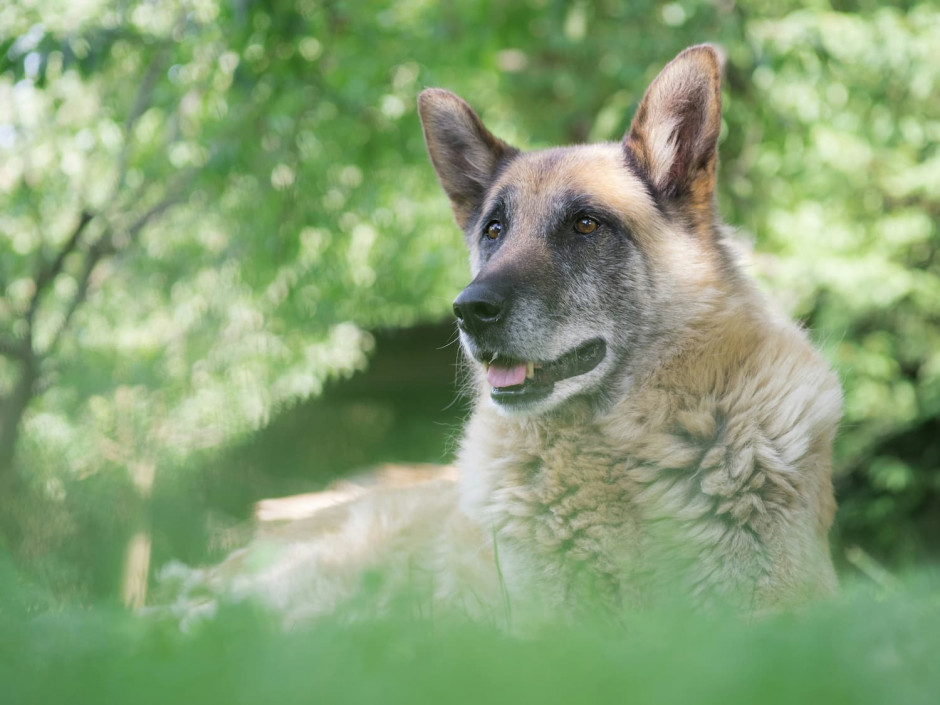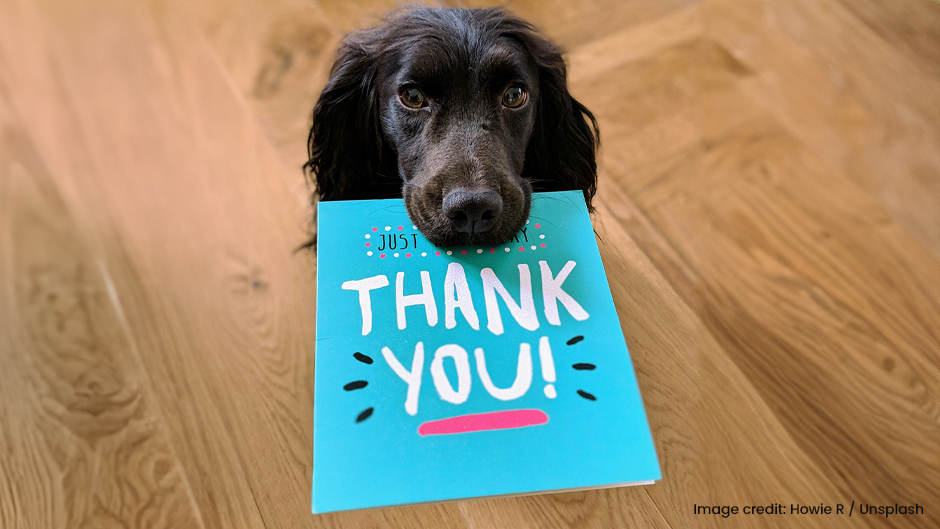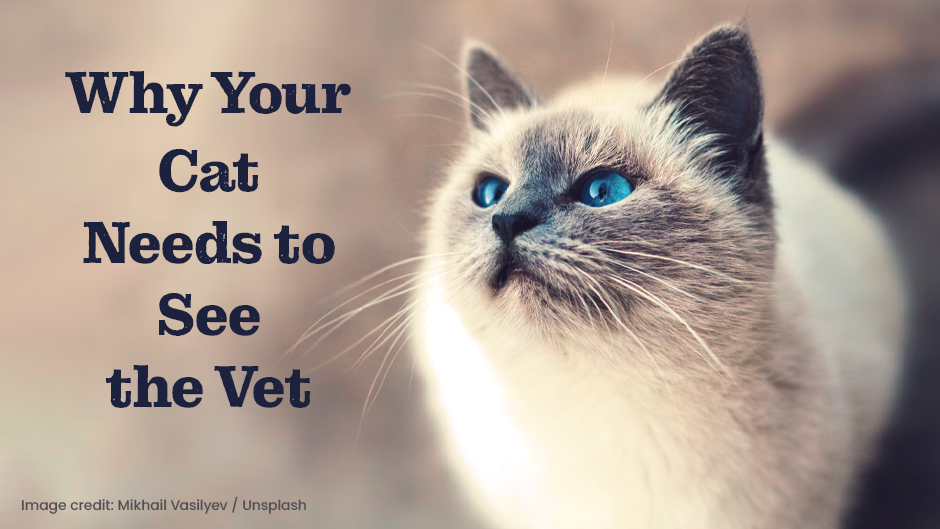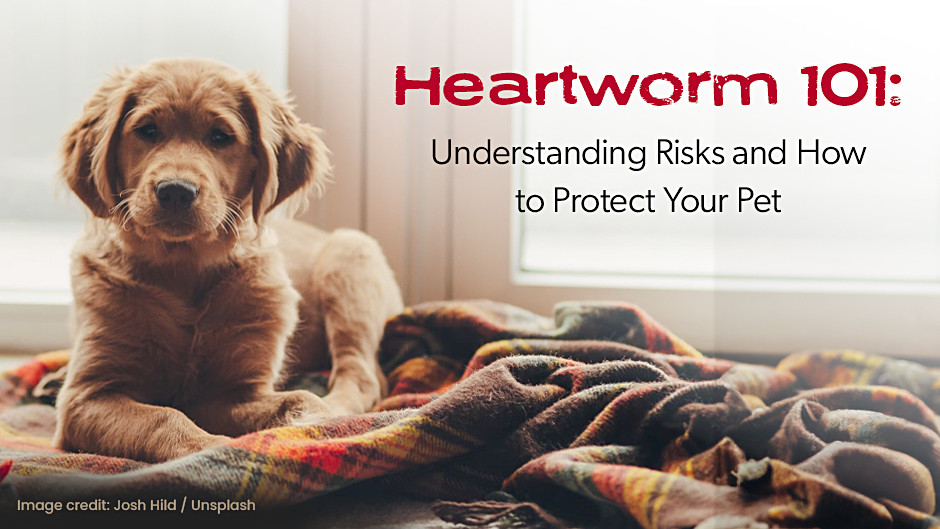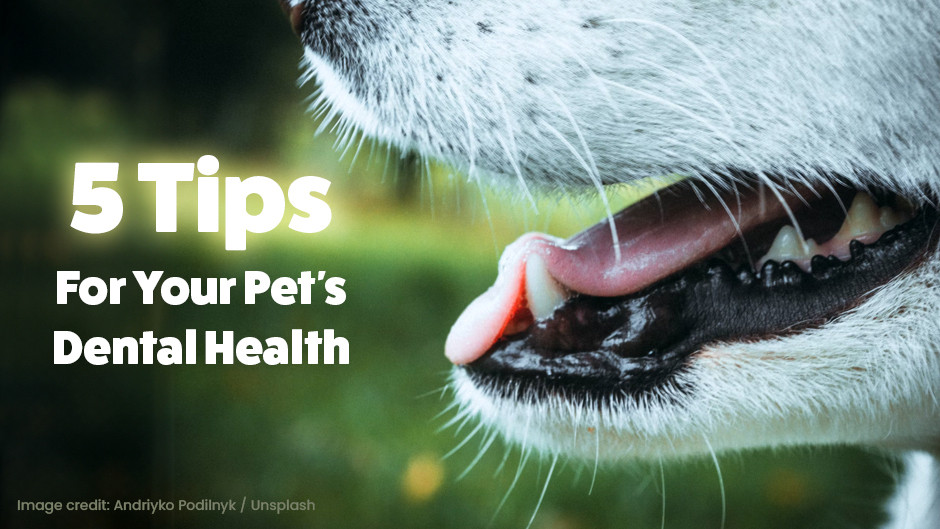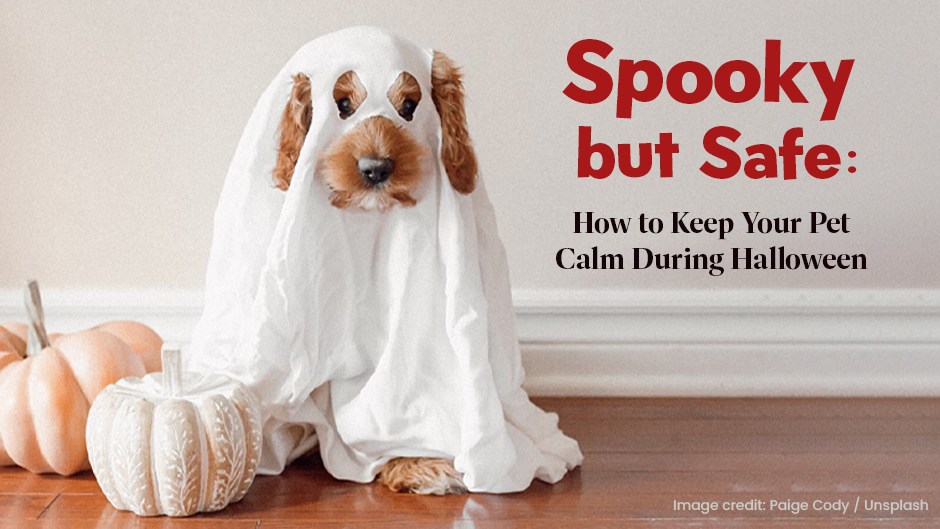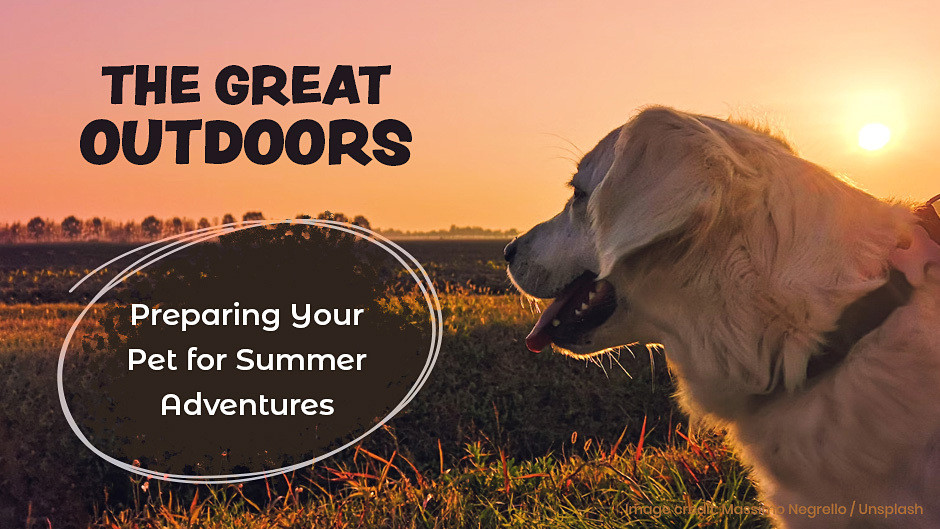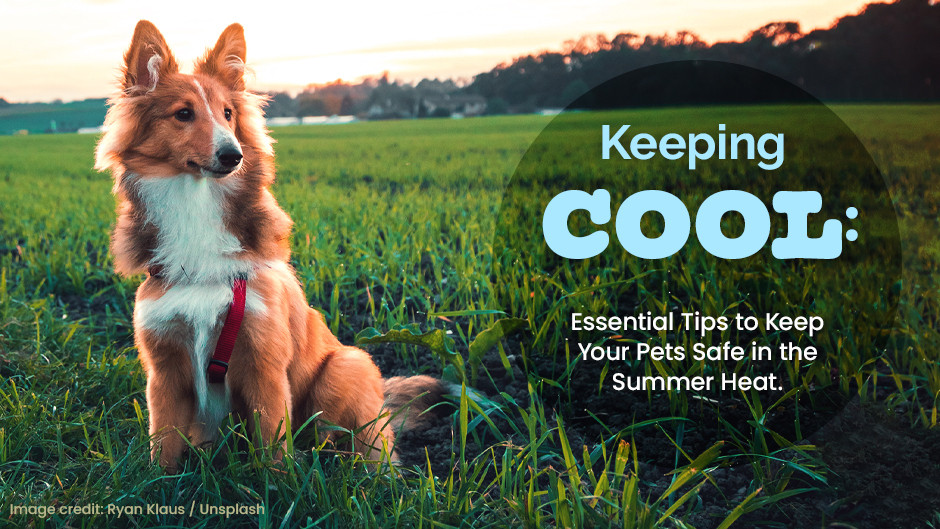Pet Health Articles
Pet Poison Prevention Week is March 19 to 26
2017-03-14
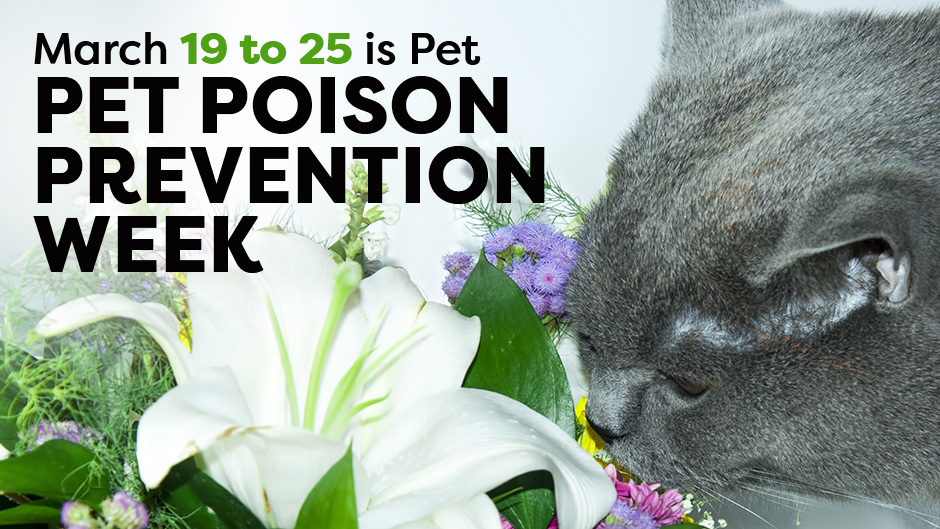
Life is an endless curiosity for cats and dogs. We simply must explore that vase full of flowers, the contents of your purse, or that bottle of candy you brought home from the doctor. Just like a toddler, you need to stay one step ahead of us to prevent an accident. Here are some tips to help you pet-proof every room in your house.
As always,
Carlos
The Minnesota-based Pet Poison Helpline established Pet Poison Prevention Week in 1962, the same year the organization started. Now in its 56th year, the awareness campaign always takes place the third week in March. Dogs and cats are curious creatures who love to investigate anything new to them. They do this by tasting, touching, and smelling things in their home and yard.
Unfortunately, a pet’s curiosity isn’t tempered with understanding that certain things aren’t safe to explore. This room-by-room guide from the Pet Poison Helpline will help keep your beloved pets as safe as possible.
Unfortunately, a pet’s curiosity isn’t tempered with understanding that certain things aren’t safe to explore. This room-by-room guide from the Pet Poison Helpline will help keep your beloved pets as safe as possible.
Bathroom
Be sure to keep all medications in a secure container and keep them out of your pet’s reach in a closed cabinet. Your dog or cat could easily jump on the counter and get into medication. It’s also important to store veterinary medication away from human medication to avoid anyone taking the wrong thing. Keep the lid of your toilet closed to prevent pets from drinking out of it or possibly falling in. If you store cleaning supplies in the bathroom, make sure they’re well out of your pet’s reach.
Be sure to keep all medications in a secure container and keep them out of your pet’s reach in a closed cabinet. Your dog or cat could easily jump on the counter and get into medication. It’s also important to store veterinary medication away from human medication to avoid anyone taking the wrong thing. Keep the lid of your toilet closed to prevent pets from drinking out of it or possibly falling in. If you store cleaning supplies in the bathroom, make sure they’re well out of your pet’s reach.
Garage
Anti-freeze, brake fluid, and windshield wiper fluid are common items found in a garage that can be dangerous to pets. Pets can easily mistake anti-freeze for water due to its clear color. If it does spill in the garage or on the driveway, add water to dilute it and wipe it up immediately. All chemicals, along with nails, leaf bag ties, and other small items your pet could swallow, should be placed on a high shelf. It’s best to keep your pet out of the garage altogether.
Anti-freeze, brake fluid, and windshield wiper fluid are common items found in a garage that can be dangerous to pets. Pets can easily mistake anti-freeze for water due to its clear color. If it does spill in the garage or on the driveway, add water to dilute it and wipe it up immediately. All chemicals, along with nails, leaf bag ties, and other small items your pet could swallow, should be placed on a high shelf. It’s best to keep your pet out of the garage altogether.
Kitchen
If your dog or cat tends to get into the garbage, make sure you close all bags tightly and keep in an inaccessible area until you take the trash outside. This prevents your pet from ingesting food waste or choking on bones. The following foods and beverages are especially toxic to your pet:
If your dog or cat tends to get into the garbage, make sure you close all bags tightly and keep in an inaccessible area until you take the trash outside. This prevents your pet from ingesting food waste or choking on bones. The following foods and beverages are especially toxic to your pet:
- Alcohol
- Chocolate
- Garlic
- Macadamia nuts
- Onions
- Raisins
- Unbaked yeast
To avoid an emergency, keep these items refrigerated or in the appropriate cupboard. Since pets are always on the lookout for dropped food, be sure to sweep up spills immediately.
Laundry Room
Mice and other rodents tend to enter homes through the laundry room. If you choose to place insecticides or rodenticides there, use caution and select a brand safe for companion animals. Your curious pet could jump inside an open wash machine or clothes dryer, so be certain to close the doors to avoid a tragedy. Lastly, make sure to keep laundry soap out of your pet’s reach.
Laundry Room
Mice and other rodents tend to enter homes through the laundry room. If you choose to place insecticides or rodenticides there, use caution and select a brand safe for companion animals. Your curious pet could jump inside an open wash machine or clothes dryer, so be certain to close the doors to avoid a tragedy. Lastly, make sure to keep laundry soap out of your pet’s reach.
Living Room
Several types of plants are toxic to pets. You can click here to see a list put together by the American Humane Society. Common overlooked dangers for pets in this room include:
Several types of plants are toxic to pets. You can click here to see a list put together by the American Humane Society. Common overlooked dangers for pets in this room include:
- Batteries
- Cigarette butts left in ashtrays
- Electrical cords
- Potpourri
- Remote controls
Another source of curiosity for pets is a woman’s purse. Chewing gum and make-up can be harmful for cats and dogs if ingested.
Yard
Some types of mulch and fertilizers contain chemicals that could damage the intestinal system of your pet. Be certain to keep your pet off a recently treated lawn and out of the garden. Additionally, plan to keep your dog or cat inside when you mow the lawn or use electrical equipment outdoors.
Yard
Some types of mulch and fertilizers contain chemicals that could damage the intestinal system of your pet. Be certain to keep your pet off a recently treated lawn and out of the garden. Additionally, plan to keep your dog or cat inside when you mow the lawn or use electrical equipment outdoors.
If your pet begins displaying unusual symptoms and you suspect poisoning, contact us at Buffalo Companion Animal Clinic immediately at 763-682-2181 or call the Pet Poison Helpline at 1-855-764-7661.
Photo Credit: Nataliamarc / Getty Images

